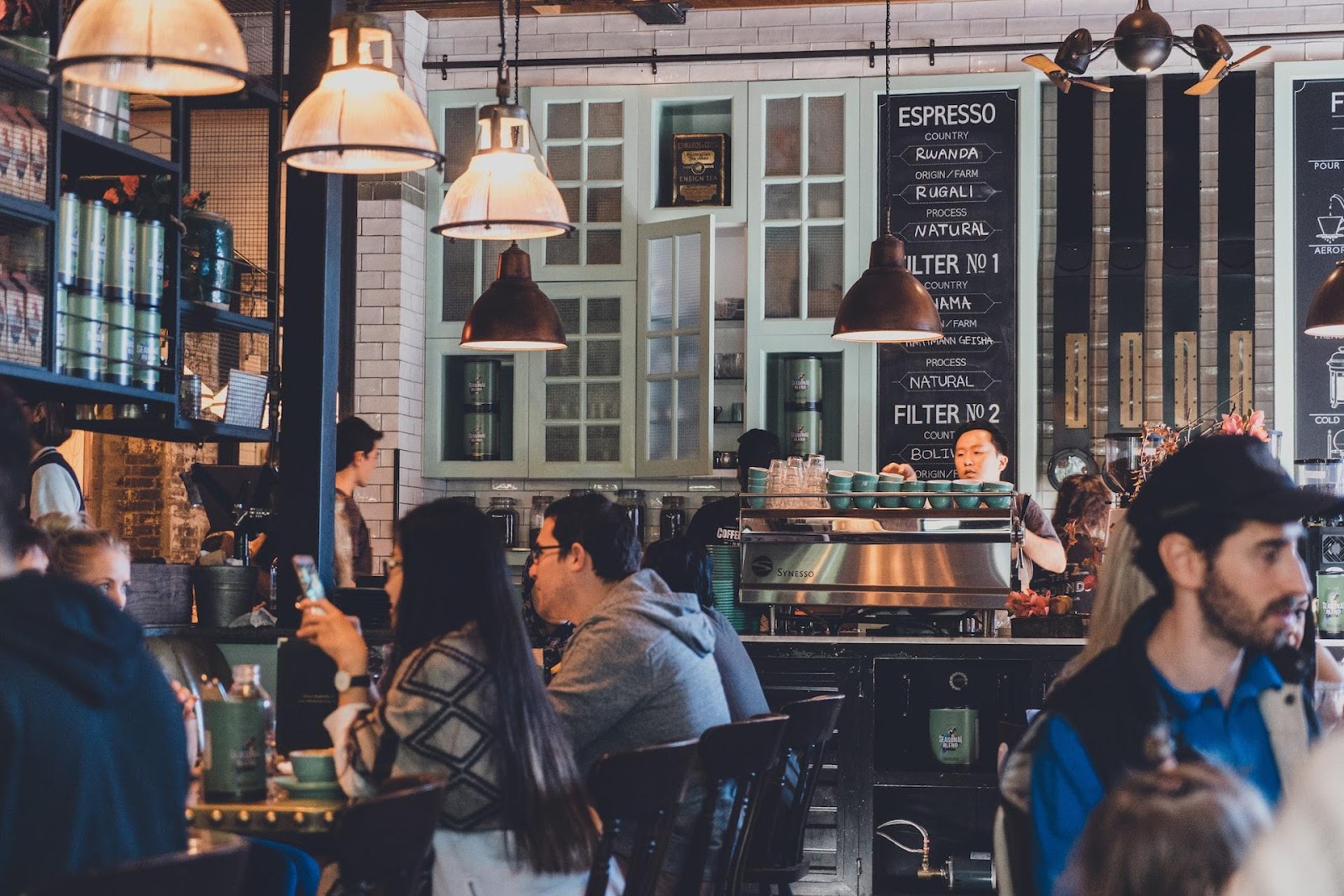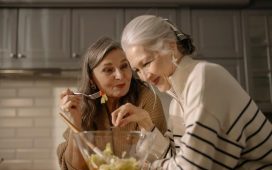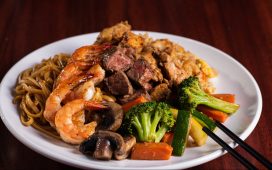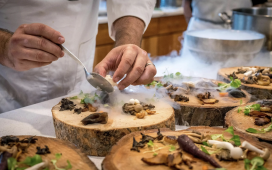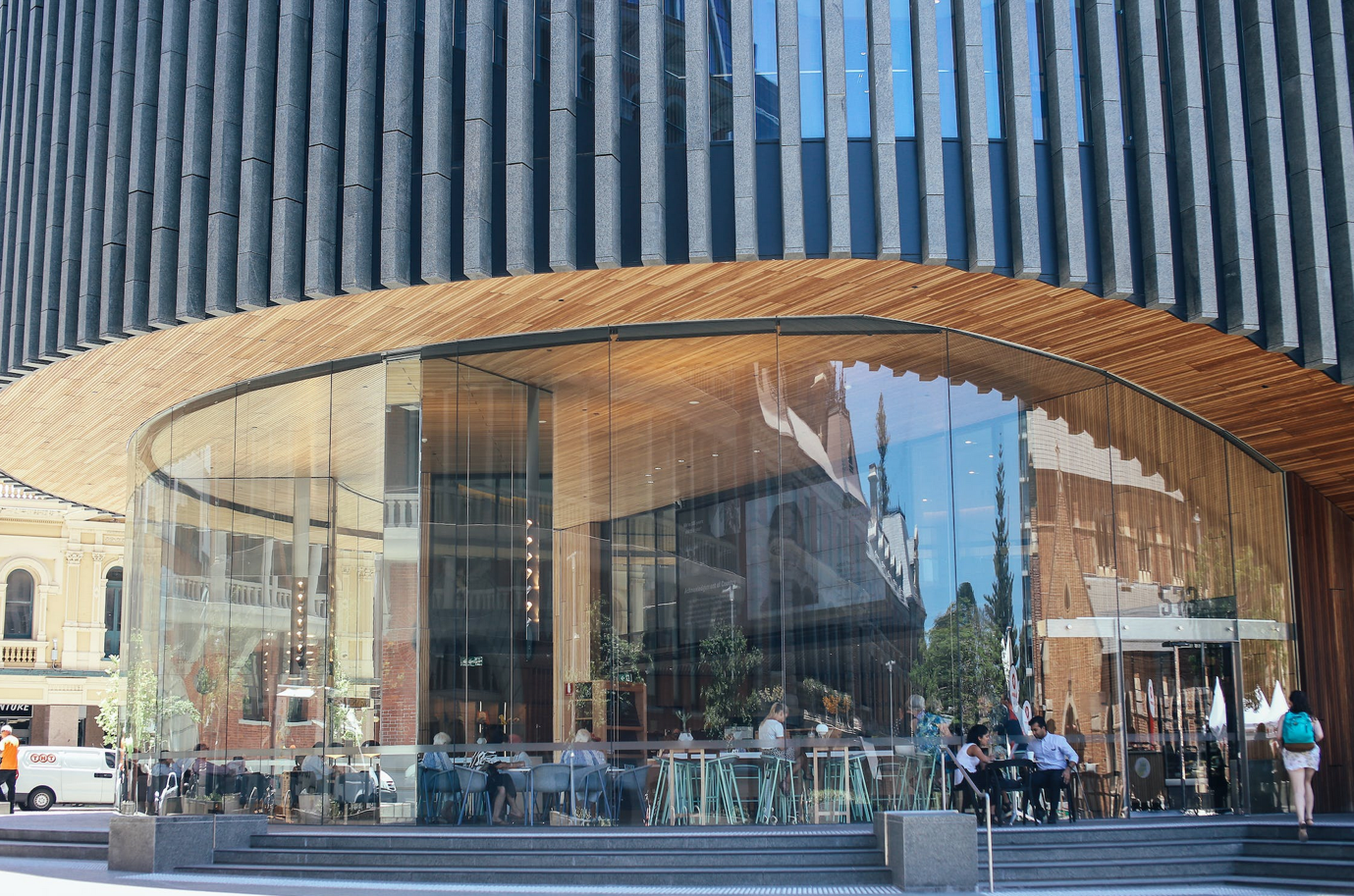Table Of Contents
Acid reflux is usually characterized by a burning pain around the middle of the chest. According to the National Institute of Diabetes and Digestive and Kidney Diseases (NIDDK), about 20% of the people in the United States are affected by this condition.
Certain foods and drinks are more likely to trigger reflux symptoms. Identifying your “trigger foods” and avoiding them or limiting their consumption can go a long way in relieving acid reflux problems.
-
What Is Acid Reflux?
There is a muscular ring – called the lower esophageal sphincter (LES) – between the stomach and the food pipe. When this muscle is closed, nothing from the stomach can flow back into the esophagus.
In some cases the muscle might get relaxed or malfunction otherwise, allowing stomach fluids to enter the food pipe. This condition is called acid reflux or gastroesophageal reflux disease (GERD).
During an acid reflux attack, the highly acidic stomach fluids start to irritate the lining of the food pipe, causing heartburn, a burning sensation around the middle of the chest. It is the most typical symptom of acid reflux.
Other common symptoms are:
- sour taste in the mouth
- regurgitation
- dyspepsia
-
What Triggers Acid Reflux?
While the direct cause of acid reflux is a malfunctioning LES, there are several lifestyle and dietary habits that make reflux attacks more likely.
These are the common risk factors:
- eating fatty, sugary, fried foods (e.g. fast foods)
- eating too much, too fast
- smoking
- certain drinks (e.g. alcohol, coffee, carbonated drinks)
- certain fruits and vegetables (e.g. citrus fruit, tomato)
- being overweight
- pregnancy
- certain medications (e.g. aspirin, ibuprofen)
Let’s take a closer look at what drinks can trigger acid reflux!
-
Coffee
Chest pain from coffee and caffeine is a common symptom among acid reflux sufferers.
Scientists found that 3.5 mg caffeine/kg body weight can significantly reduce the pressure in the LES.
A cup of coffee contains about 100 mg of caffeine. However, a big cup of Starbucks coffee might contain 200-400 mg caffeine. The FDA recommended daily caffeine intake is 400 mg or less.
Sugar and milk are often added to the coffee. Both of these can further increase the risk of acid reflux episodes:
- Sugar, like most carbs, can cause gas, which puts additional pressure on the LES.
- Milk not only causes gas, but full-fat cow milk is hard to digest, because of the fat content.
Certain other drinks, like black/green tea or energy drinks, also contain caffeine. There’s plenty of good caffeine-free drinks available. You can get less caffeine, more coffee.
-
How To Avoid Caffeine Chest Pain?
Limiting your caffeine intake is your best option. Try drinking less coffee, energy drinks, black tea, etc. You can also try decaf coffee.
If milk or sugar is causing the symptoms, drink your coffee black or try plant-based milk with an artificial sweetener (which might also cause gas…).
-
Alcohol
Alcohol is another common trigger drink, it causes heartburn and other reflux symptoms to many people.
According to this study, alcohol not only increases acid secretion in the stomach but also relaxes the LES. A lot of stomach acids and a weakened LES is a surefire way to experience reflux symptoms.
But there is more to it! People like to combine alcohol with other beverages that are also common heartburn triggers:
- orange juice: highly acidic, contains a lot of sugar
- coke: carbonated, full of sugar
- tonic: carbonated, full of sugar
Drinking alcohol together with these soft drinks can further increase the chances of an acid reflux episode.
-
How To Avoid Alcohol Triggered Acid Reflux?
You can try and experiment to see if your body tolerates limited amounts of a certain type of alcohol. In many cases staying away from alcohol is your only option.
Wine is very acidic, beer is carbonated, liquors might contain a lot of sugar, all of these can trigger symptoms.
You might try gin, tequila, or non-grain vodkas and combine them with a fruit juice that is friendly on the stomach, like apple or pear. Drinking some water might also help.
-
Milk
Full-fat cow milk can cause chest pain and other symptoms for acid reflux sufferers. The problem with milk is twofold:
- the sugar content (lactose) might cause gas
- fat and lactose are hard to digest
Too much gas in the stomach increases the pressure and makes it more likely that stomach acids seep into the esophagus, causing heartburn.
Your stomach needs to secrete more acids when you eat hard to digest foods, like fat and lactose. Such foods also stay longer in the stomach before entering the small intestine. Both of these factors increase the likelihood of acid reflux.
-
How To Prevent Symptoms?
Low-fat milk and goat milk are less likely to cause problems. However, if they do, you might want to switch to plant-based milk.
Both soy and almond milk is a popular substitute of cow milk.
-
Conclusion
Acid reflux is a common health issue and a wide variety of foods and drinks can cause symptoms.
Trigger foods and drinks for acid reflux vary from person to person, however, coffee, alcohol, and milk are all common triggers.
If they are causing symptoms for you, eliminating them from your diet is your best option.
You might also try reducing your consumption, sometimes the body might tolerate smaller amounts of trigger foods.

